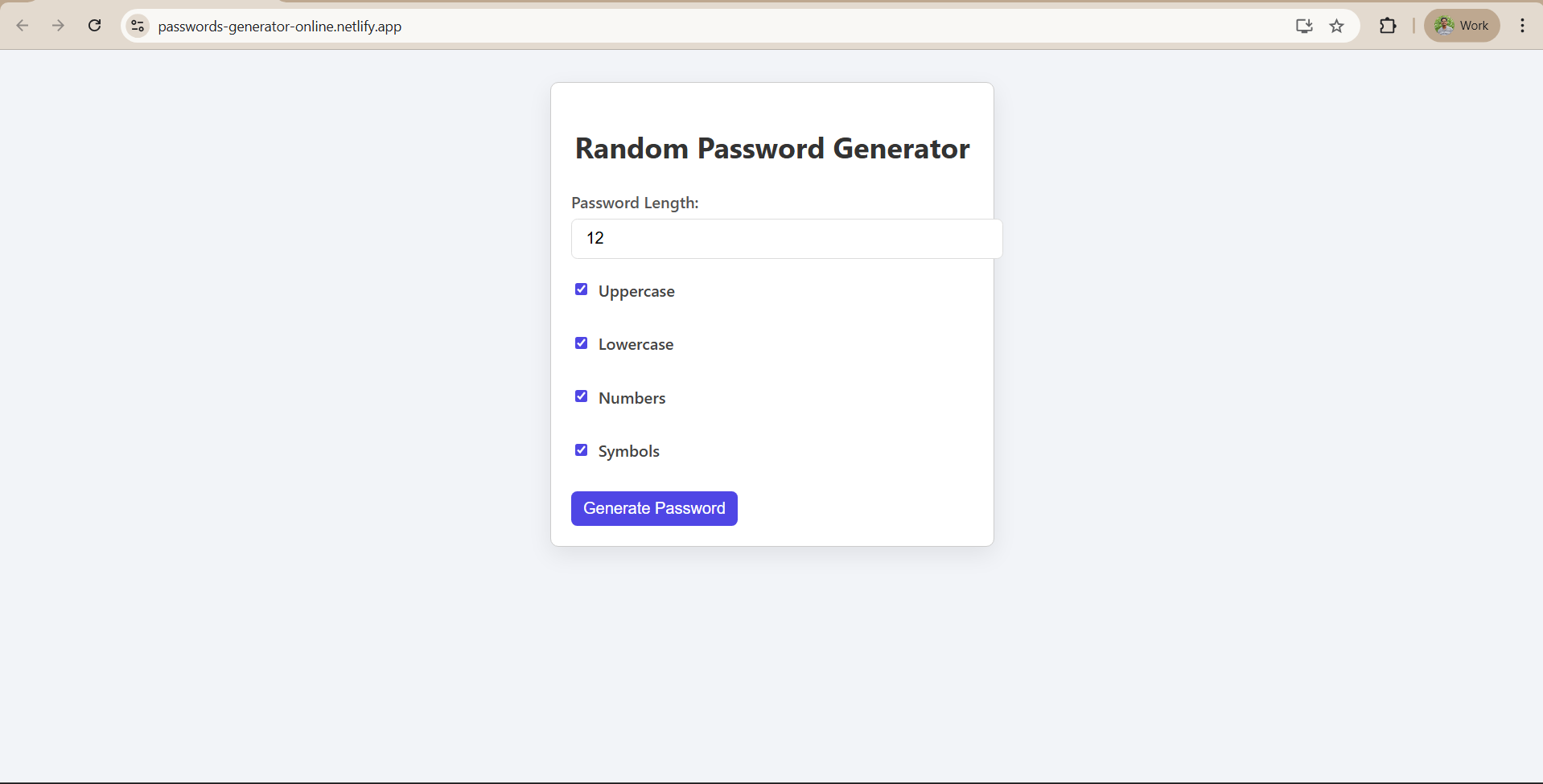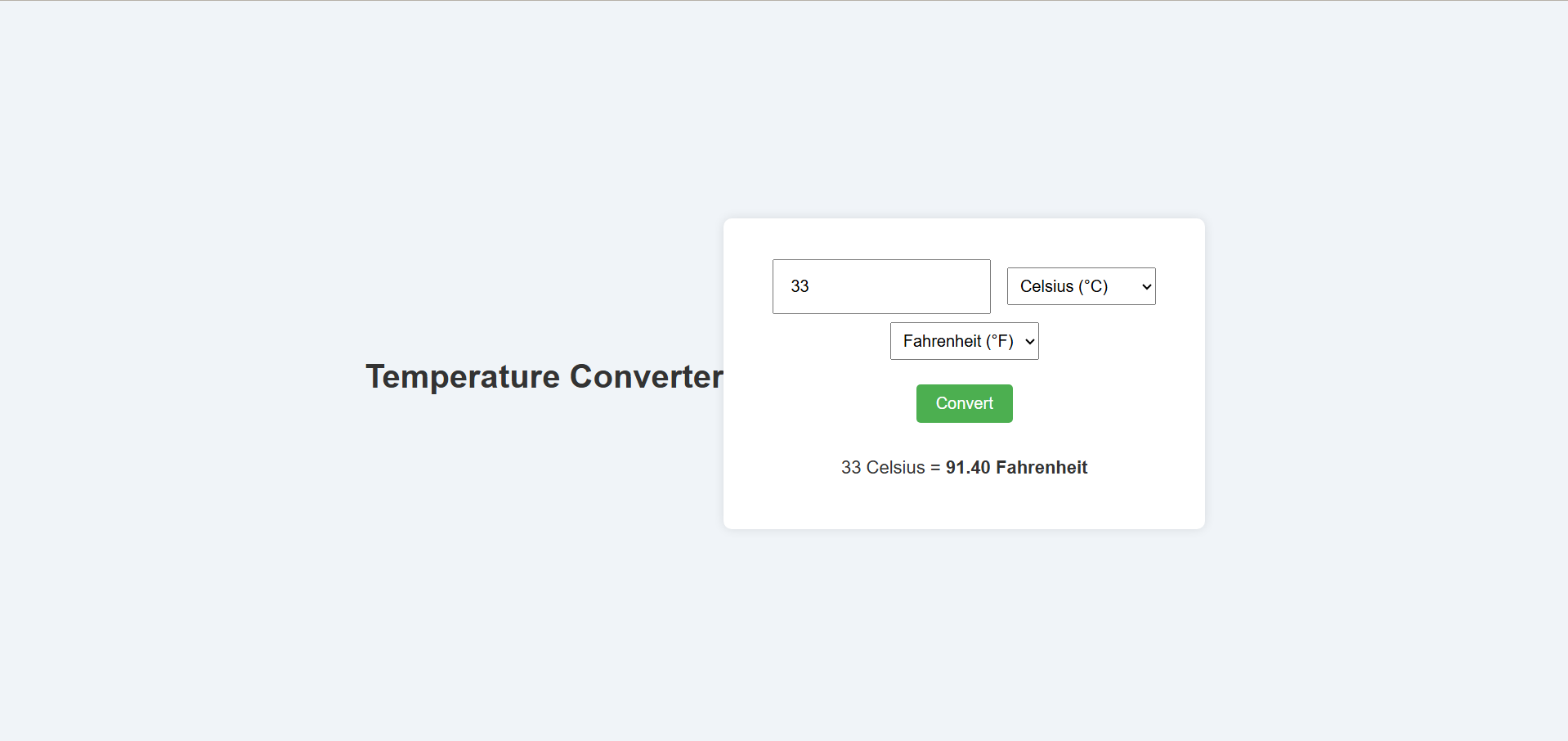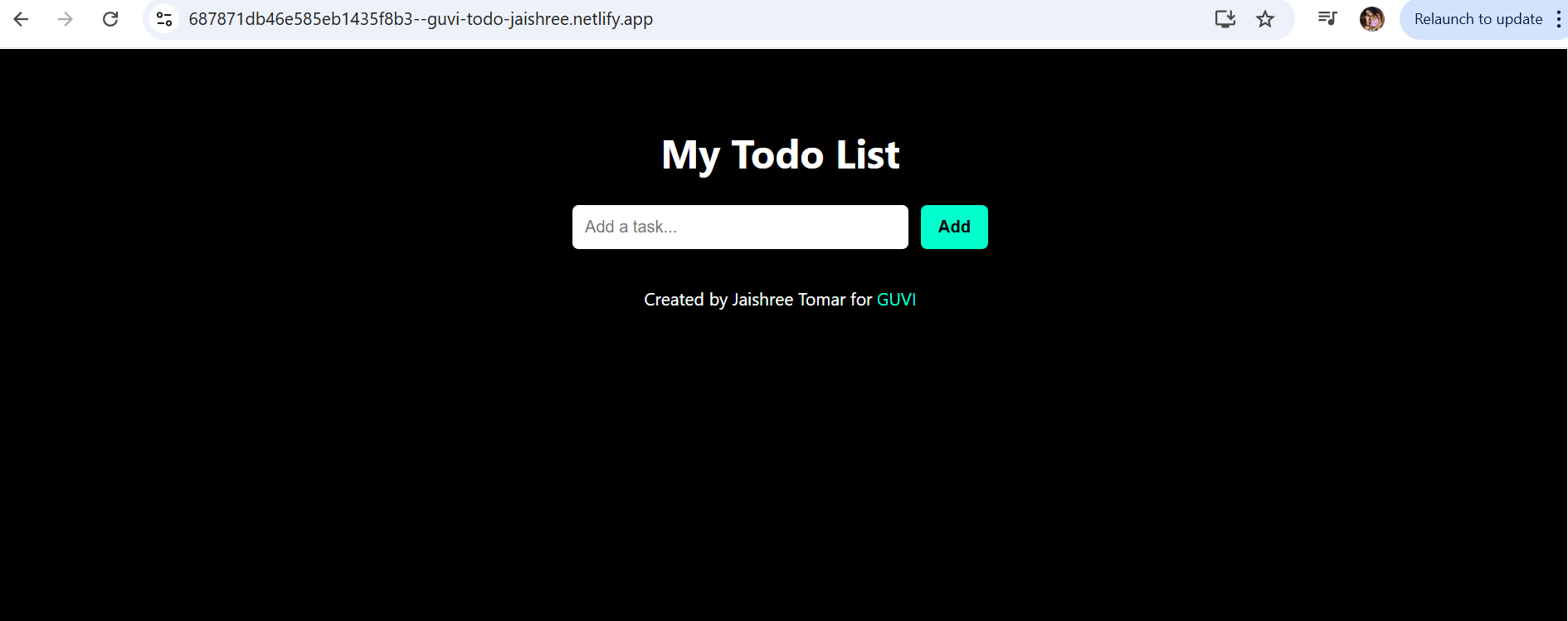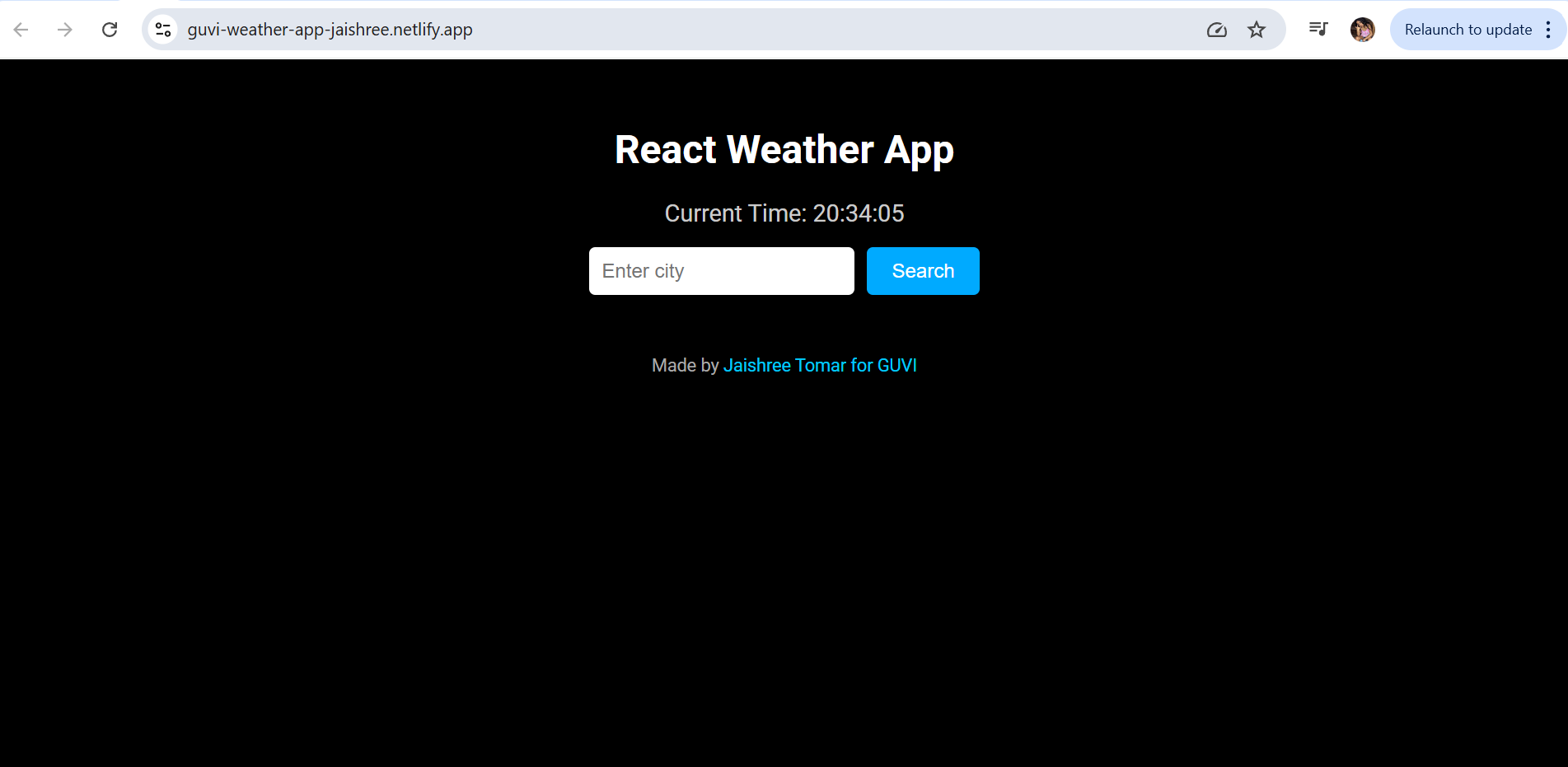Namespace Variables in Cpp
Namespace Variables
In C++, a namespace is a mechanism for grouping related variables and functions into a named scope. A namespace variable is a variable that is declared within a namespace, and the namespace name qualifies its name.
How to declare namespace variables
To declare a namespace variable, the 'namespace' keyword is used before the name, and the variable is declared within the namespace block. For example:
Namespace myNamespace {
int myVariable = 42; // namespace variable declaration
}How namespace variables can be accessed
Namespace variables can be accessed using the namespace name followed by the scope resolution operator '::' and the variable name. For example:
cout << myNamespace: : myVariable << endl; // prints 42Pros and cons of using namespace variables
Pros:
- Namespace variables can help prevent naming conflicts between variables declared in different scopes.
- Namespace variables can improve code organization and readability.
Cons:
- Using namespace variables can make code longer and more complex, especially if multiple namespaces are used.
- Namespace variables can introduce unexpected behavior if they are not used carefully.
Example code to illustrate namespace variables
Here is an example code that declares and uses a namespace variable:
#include <iostream>
using namespace std;
namespace myNamespace {
int myVariable = 42; // namespace variable declaration
}
int main() {
cout << myNamespace::myVariable << endl; // prints 42
return 0;
}In this code, the namespace variable 'myVariable' is declared inside the namespace 'myNamespace'. The variable is then accessed in the main function using the scope resolution operator '::'.
Scope Resolution Operator
In C++, the scope resolution operator is denoted by '::' and is used to access elements (variables, functions, and classes) defined differently than the current one. It helps to disambiguate the names of elements with the same name in different scopes.
How to use the scope resolution operator
To use the scope resolution operator, the syntax is:
namespace name::variable_name
class name::function_nameFor example, if we have a global variable 'x' and a local variable 'x' inside a function, we can access the global variable using the scope resolution operator as follows:
int x = 5; // global variable
void myFunction() {
int x = 10; // local variable
cout << "Local variable x: " << x << endl;
cout << "Global variable x: " << ::x << endl;
}Example code to illustrate the scope resolution operator
Here is an example code that demonstrates how to use the scope resolution operator:
#include <iostream>
using namespace std;
int x = 5; // global variable
namespace myNamespace {
int x = 10; // namespace variable
void printX() {
cout<< "Namespace variable x: " << x << endl;
cout << "Global variable x: " << :: x << endl;
}
}
int main() {
myNamespace::printX(); // prints namespace and global variables
return 0;
}This code has a global variable 'x' and a namespace variable 'x' declared in the namespace 'myNamespace'. We then define a function 'printX' in the namespace that uses the scope resolution operator to print both the namespace and global variables. Finally, we call the 'printX' function in the main function using the namespace name and the scope resolution operator. The output of this program will be:
Namespace variable x: 10
Global variable x: 5
Conclusion
In this module, we discussed the different types of variable scopes in C++. We started with defining the variable scope and why it is important to understand it in C++. We then covered four types of variable scope: global variables, local variables, block-level variables, and namespace variables. For each type, we discussed how to declare and access the variables, their pros, and cons, and provided example codes to illustrate their usage. Finally, we talked about the scope resolution operator, which is used to access elements in different scopes.
Understanding variable scope is essential in C++ programming because it determines where variables are accessible and where they can be modified. It also helps to avoid naming conflicts between variables with the same name in different scopes. You can write more efficient and maintainable code by understanding the variable scope.
Many resources are available online if you want to learn more about variable scope in C++. The C++ documentation provides a detailed explanation of variable scope, examples, and code snippets. Many online tutorials and courses cover C++ programming, including variable scope. Finally, joining online forums and communities can also be a helpful way to get answers to specific questions or to discuss programming concepts with other developers.



























